Keynote Speakers
Bruce Rittmann
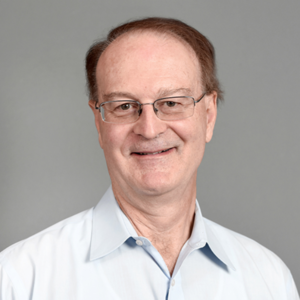
Dr. Bruce E. Rittmann is Regents' Professor of Environmental Engineering and Director of the Biodesign Swette Center for Environmental Biotechnology at Arizona State University. His research focuses on the science and engineering needed to “manage microbial communities to provide services to society.” Dr. Rittmann is a member of the National Academy of Engineering; a Fellow of AAAS, WEF, IWA, AEESP, and NAI; and a Distinguished Member of ASCE. Dr. Rittmann was awarded the first Clarke Prize for Outstanding Achievements in Water Science and Technology from the NWRI, the Walter Huber Research Prize and the Simon Freese Award from ASCE, the G.M. Fair Award from AAEES, and the Perry L. McCarty/AEESP Founders Award. He is the co-winner of the 2018 Stockholm Water Prize. Dr. Rittmann has published over 740 journal articles, books, and book chapters, and he has 17 patents.
Mary Jo Kirisits
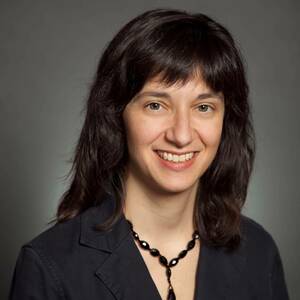
Dr. Mary Jo Kirisits is a professor and the J. Neils Thompson Centennial Teaching Fellow in Civil Engineering in the Environmental and Water Resources Engineering program at The University of Texas (UT) at Austin. She completed her BS degree in Civil Engineering at the State University of New York at Buffalo and her MS and PhD degrees in Environmental Engineering at the University of Illinois at Urbana-Champaign. After concluding a postdoctoral appointment at Northwestern University in the Department of Civil and Environmental Engineering, she joined the faculty at UT. She is passionate about undergraduate research, having mentored 61 undergraduate students in the laboratory. Past honors include a National Science Foundation CAREER award and the American Water Works Association Emerald Erlenmeyer award; she also was the Association of Environmental Engineering and Science Professors keynote lecturer at the American Water Works Association Annual Conference in 2017. Her research interests include drinking water biofiltration, opportunistic human pathogens in drinking water, SARS-CoV-2 in wastewater, and the impact of nanomaterials on antimicrobial resistance in bacteria.
Susanne Lackner
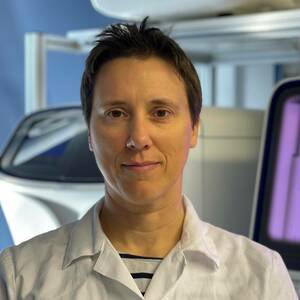
Dr. Susanne Lackner is a Professor for Water and Environmental Biotechnology at the Technical University of Darmstadt, Germany. She holds a PhD in Environmental Engineering from the Technical University of Denmark where she first started her research on MABRs. Dr. Lackner conducts fundamental and applied research in the field of wastewater engineering. Her main focus areas are nutrient removal and biofilm reactor technologies, applied environmental microbiology and wastewater based epidemiology, water reuse and removal of emerging pollutants (organic micro-pollutants, antibiotic resistances). She is member of the Management Committees of the IWA Biofilms Specialist Group (since 2018) and the IWA Specialist Group Nutrient Removal and Recovery (since 2014).
Cesar Torres
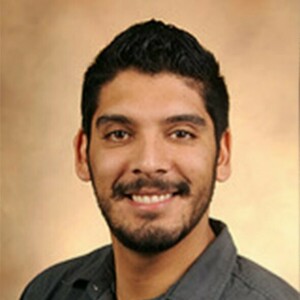
Dr. Cesar I. Torres is an Associate Professor of Chemical Engineering in the School for Engineering of Matter, Transport and Energy at Arizona State University and part of the Chemical Engineering and the Civil, Environmental and Sustainable Engineering Graduate Program faculty. Cesar is a leader in microbial electrochemical cell research, focusing on microbial kinetics of anode-respiring bacteria (ARB) and extracellular electron transport to and from solid electrodes. Torres combines biofilm modeling, electrochemical, microscopic, and analytical techniques, to characterize ARB kinetics and thermodynamics.
Michael Parsons
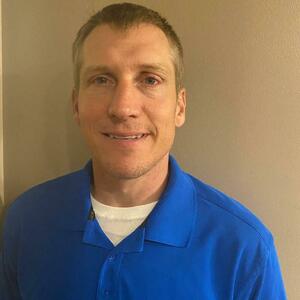
Mike Parsons is a Treatment Process Engineer at HRSD where he is responsible for a wide range of technical duties at three treatment plants: James River, York River, and Williamsburg. Mike has a BS in Civil Engineering from the Virginia Military Institute, a MS in Environmental Engineering from the University of Cincinnati, and is a licensed Wastewater Treatment Plant Operator.
Erika Espinoza-Ortiz
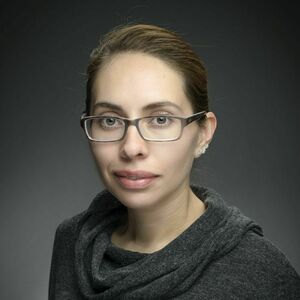
Dr. Erika Espinosa-Ortiz is a Research Assistant Professor in the Department of Chemical and Biological Engineering and the Center for Biofilm Engineering, at Montana State University (MSU). As a professional in the environmental engineering and technology areas, her work has been devoted to the development of alternative biological treatments, particularly fungal-based systems, for the remediation of polluted environmental matrices. Dr. Espinosa-Ortiz received her PhD at UNESCO-IHE Delft Institute for Water Education in the Netherlands as part of an Erasmus Mundus Joint Doctorate Program on Environmental Technologies. Her research focuses on the myco-metallurgical recovery of metals/metalloids with biogenic synthesis of nanoparticles. Dr. Espinosa-Ortiz also specializes on biomineralization processes and biofilm engineering investigating the formation of bacterial, fungal, and algal biofilms in a variety of model systems, simulating medical, environmental, and industrial situations.
Kim Sørensen
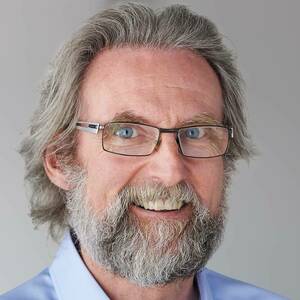
Kim Helleshøj Sørensen holds a MSc Env. Eng. from Aalborg University 1986. He has more than 3 decades of experience in the wastewater industry. He is now working as Senior Process and Technology Expert at Veolia Water Technologies AB Hydrotech and AnoxKaldnes. Before that, he was CTO for WABAG (CH and India). Coming from another position as Chief Process Expert for Municipal Wastewater treatment at the headquarters of Veolia (F). He was Senior Process Engineer at Krüger (DK) and Sulzer Water technologies (CH). He has also worked as consultant for COWI (DK), development engineer at Faxe (DK) and as teacher at The Engineering College of Copenhagen, giving lectures in Wastewater Treatment. He has been working with all aspects of the field, with an in-depth knowledge on Biofilm Technologies, Activated Sludge processes, Chemical and Biological P-removal and Modelling of wastewater treatment processes. He is a Board member of the IWA Specialist group on Biofilms and a regular member of the Scientific Committee of the IWA WWRMod conferences. He has published or been part of more than 30 scientific papers and given Lectures on multiple international conferences held by IWA or WEF, including several as invited Keynote Speaker. He holds 4 Patents on wastewater treatment processes.
Blair Wisdom
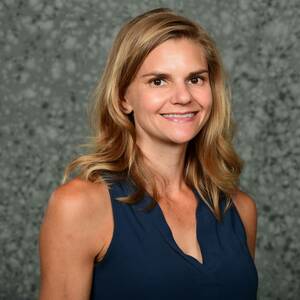
Blair is a wastewater design and process engineer with 9 years of experience as a consultant engineer and 5 years at the Metro District in Denver, Colorado, where she is currently serving as Director of Technology and Innovation. Blair obtained her B.S. in civil and environmental engineering from the University of Texas and her M.S. in Environmental Engineering from the University of Massachusetts. The department has been heavily involved in research related to continuous flow densification of activated sludge processes, advanced disinfection with peracetic acid, and advanced data analytics for process optimization.